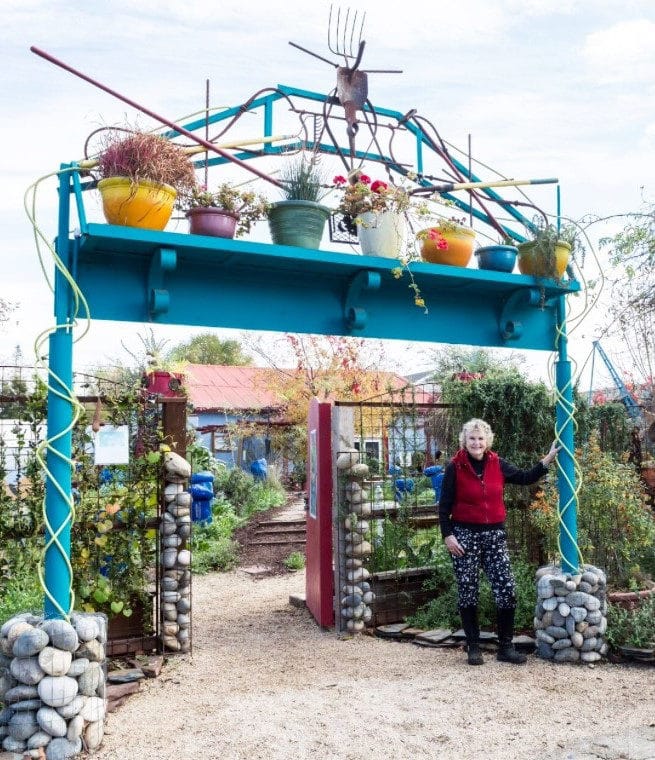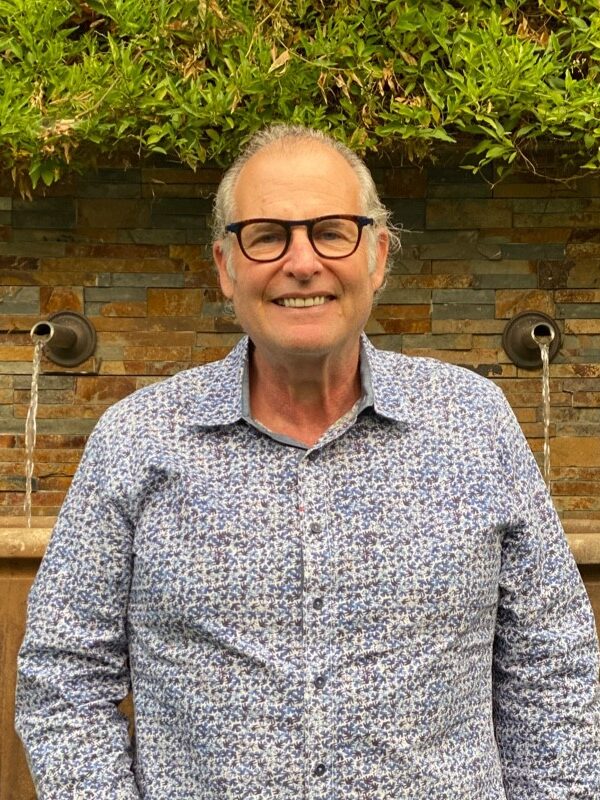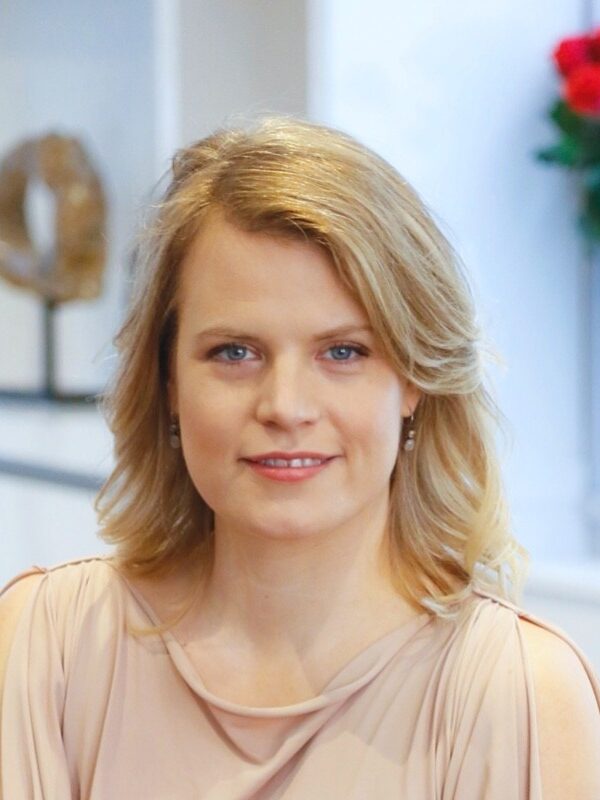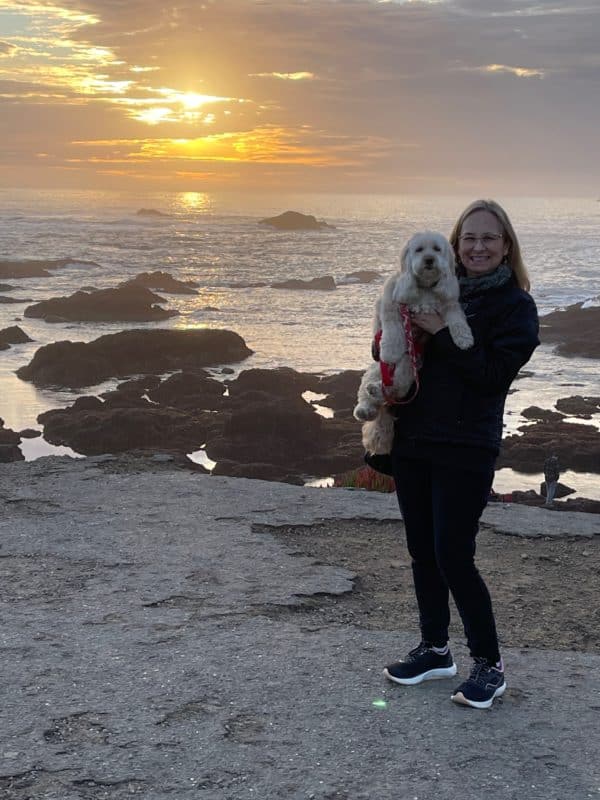Our Vision:
A world where children have access to nature, people can grow their own food locally, and there is a balance between human activity and natural ecology.
Our Mission:
To roll out a new land-use model in order to leverage urban spaces for education, workforce development and climate resiliency, through a variety of partnerships. In this way, we can build food security and food sovereignty for our communities, while restoring local ecology, and giving youth the ethic and the skills for a more sustainable future.
Our Strategy:
Our partners fund programs, contribute land sites for regenerative organic farms and native teaching gardens that form the centers of communities where we learn to grow and share food while protecting the natural world in cities.
Who We Are
C N G F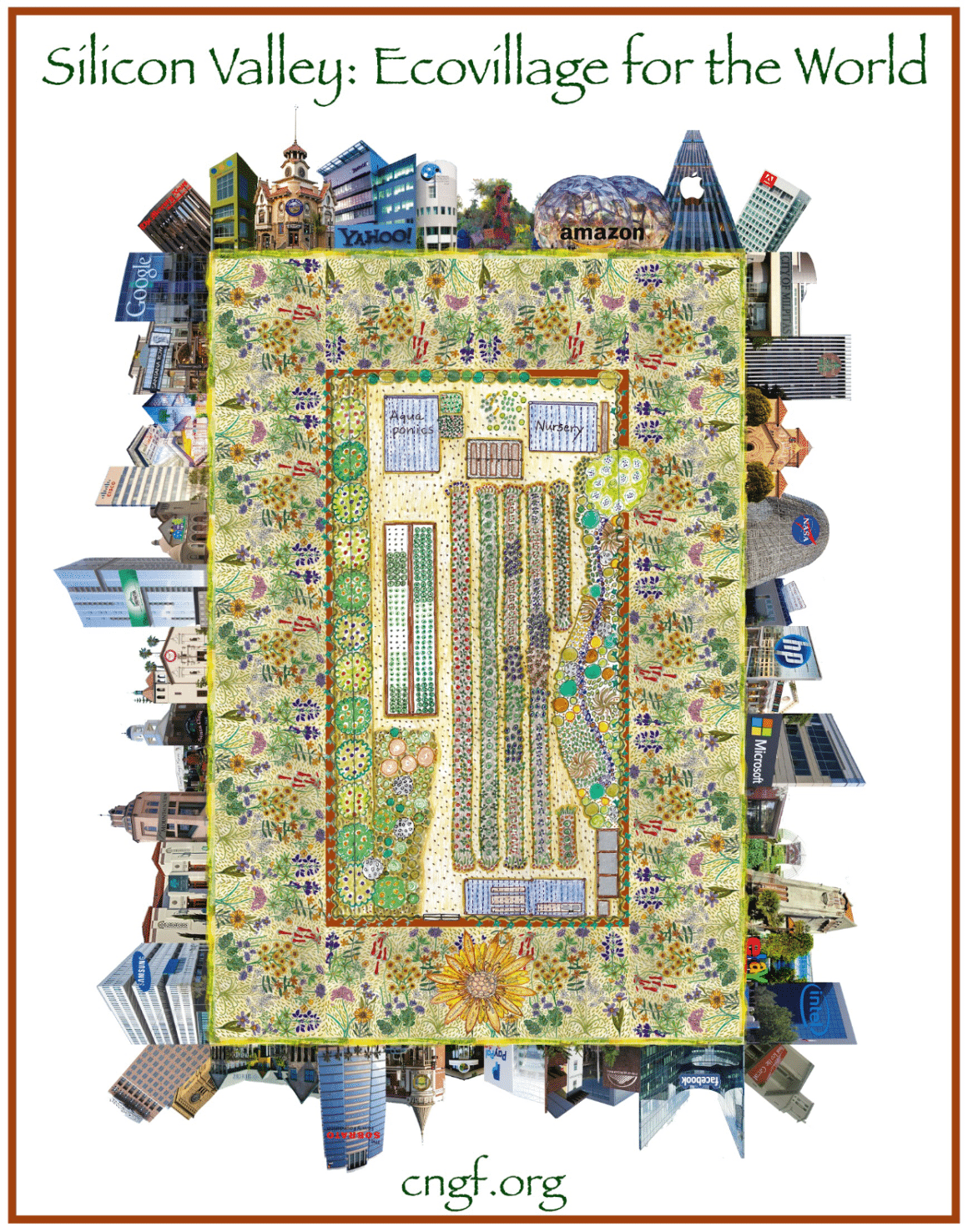
California Native Garden Foundation (CNGF) is a nonprofit public benefit corporation. We are undergoing a transformation to the Lab for Nature-Based Urban Living, with at least 25 regenerative organic farms and native hedgerows in Santa Clara County – to inspire a new model of land use, one that restructures our cities to work in harmony with nature.
The CNGF garden, located at 76 Race Street in San Jose, has been building community for 21 years around regenerative land use practices, food access, and native ecology. The garden itself contains the local California native plant communities of the Bay Area region and hosts many types of wildlife, including birds, pollinators, and insects.
We are skilled at taking an asphalt parking lot, an empty vacant lot or a flat piece of compacted land covered with weeds, and transforming each of them into highly productive California native gardens or thriving urban regenerative farms. Each of our projects is used as teaching laboratories where professional mentors train students the skills necessary to transform a city.
The mission of CNGF is to forge an ecological land use model and restore nature in cities. We are changing how urban land is used to protect our air, water, soils and food. We are empowering youth to build resilient cities. We teach and train youth the skills to manage city lands sustainably. We bring community stakeholders together to create cities that address the major needs of our planet and all who are dependent upon it for living healthy lives.
We stand on a precipice. Our species has not been here before. At no time in our evolution had the average level of carbon dioxide in the atmosphere across the globe passed 400 parts per million (ppm) as happened several years ago – a symbolic and worrying milestone in growth of man-made climate change.
In our research at CNGF, we have learned that increased carbon dioxide emissions are heavily linked to how we use land and build on it, how we dispose of our waste, how and where we grow our food, as well as energy and transportation. In fact, if taken together, these essential requirements for life are responsible for a whopping 86% of carbon emissions.
It is our responsibility—the designers and artists, the builders, scientists and engineers—to create new sustainable models. With the support of community activism and timely government policies and code adoptions, we can force drastic reductions in the very near future.
It is imperative that we work as a team to accomplish these goals quickly. We work and live in a hotbed for innovation. We are also living at a time with increased scarcity of water and loss of genetic biodiversity. The stage in the Santa Clara Valley is set for change! It’s time to create a new sustainable urban land use model for others to emulate — one that addresses the essentials for life while utilizing new, successful technologies and science discoveries. At the same time, we must continue to engage an intelligent informed community that is supported by government action, cooperation and expediency.
CNGF’s founders include: Alrie Middlebrook, committed advocate and practitioner of the sustainable lifestyle, landscape professional, and California native plant specialist; Dr. Glenn Keator, freelance teacher, botanist, and writer; Dr. Barry Slater, physician and playwright; David Long, civil rights attorney; and Tom Bradner, nonprofit accountant who practiced in Marin.
Board of Directors
C N G F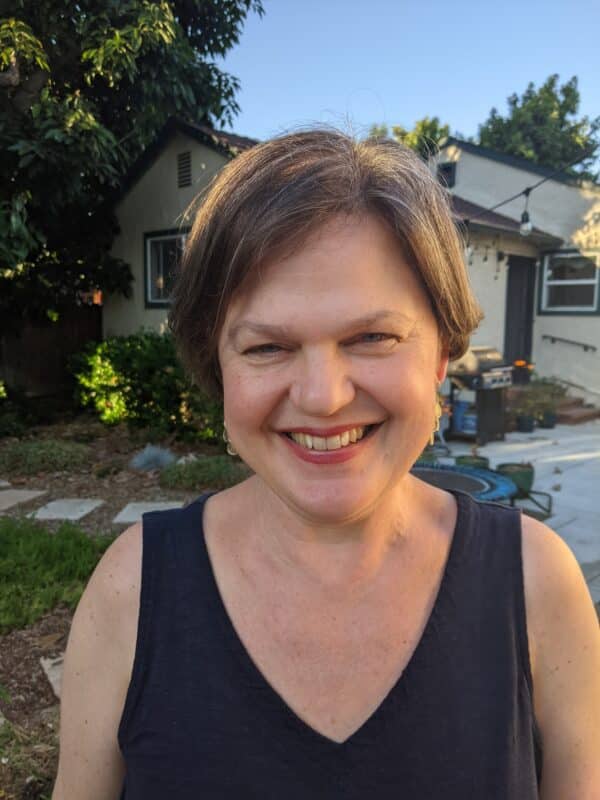
Melissa Blum
Board Chair

Melissa Blum
Board Chair
Melissa is CNGF board secretary, volunteer, and client. It all started three years ago when she first hired CNGF to transform her lawn into a drought-tolerant native garden. In the years since, she has become an avid watcher of native bees and is learning how to preserve the abundance of Blenheim apricots and Santa Rosa plums that now emerge every spring.
Building on her background as a college instructor, she has helped to write CNGF's nature immersion curriculum for young children, and loves to collaborate with the amazing team of artists, scientists, and environmentalists who, together, are creating a vision of hope and sustainability for our community and our planet.
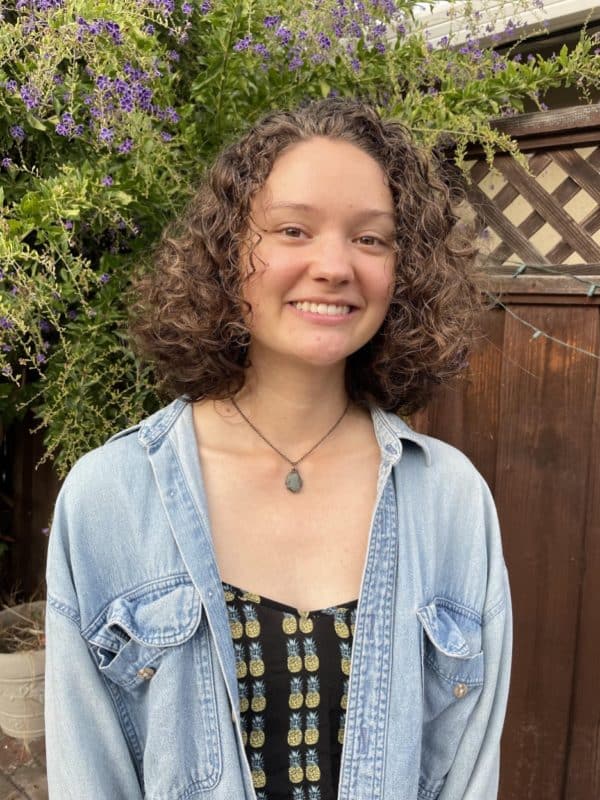
Allegra Watson
Secretary

Allegra Watson
Secretary
Allegra is an emerging professional passionate about equity, regenerative agriculture, and ecology. She was born and raised in San Jose and graduated with a B.S. in Landscape Architecture from UC Davis in 2018. Currently she leads CNGF’s group of Pre-K Co-op teachers and works part-time as a landscape designer at H.T. Harvey & Associates, assisting with the design of urban native landscapes and mitigation projects.
Her work with CNGF started in 2017 as summer landscape design intern and Nature Camp teacher. Since then, she has taught a weekly homeschool garden class in 2019-2020 and worked with interns to create concept designs as a volunteer in CNGF’s SITES Consulting Group. CNGF’s work resonates with her as access to land, food, and education is an essential part of an equitable and sustainable future. Allegra is also an artist and jewelry maker and enjoys growing edible and native plants, hiking, dancing, and music.

Sanhita Datta
Director

Sanhita Datta
Director
Dr. Sanhita Datta is a Professor of Biology at San Jose City College in San Jose, California. She received her PhD in Biological Sciences from Drexel University and her MS in Environmental Biology from Eastern Illinois University. She is passionate about equitable opportunities for education and working towards an environmentally sustainable future of food production and habitat restoration. She has inspired many students from many disciplines to learn about the scientific foundation of environmental sustainability and the need and impact of actions small and large at the individual and at a community level.
In her free time, she is an avid gardener and volunteers in organizations that promote sustainable agriculture.


